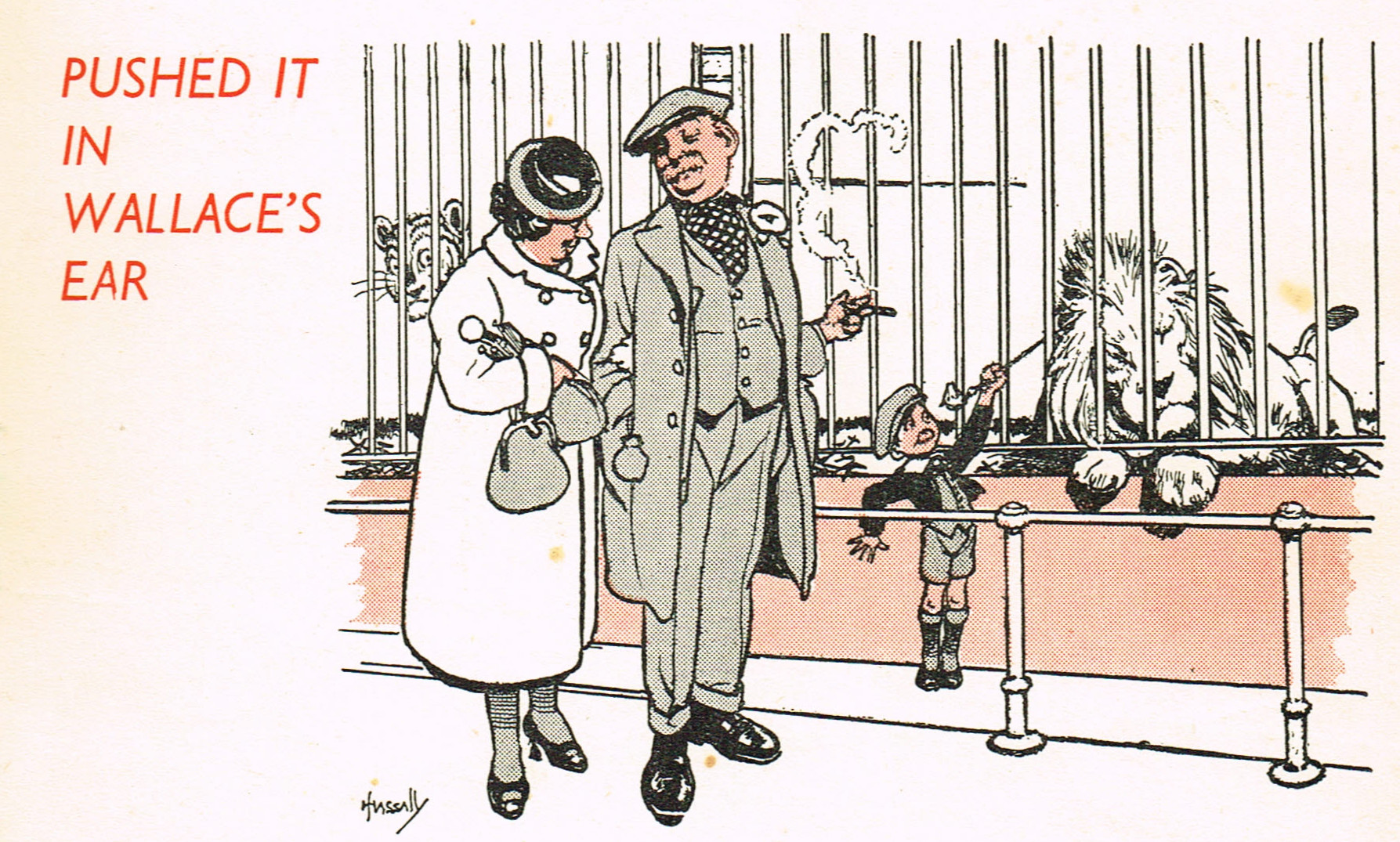Guillermo, monsters and me
![]()
Tucked away at the bottom of a tall display case in the ‘At Home With Monsters’ exhibit at the AGO is a small collection of seven old, well-thumbed books, all by the 19th century French naturalist and entomologist, Jean-Henri Fabre. At the very bottom of the pile, its title almost hidden in the shadows, is The Life of the Spider, first translated into English in 1913, but not translated again until 1971. The books subtly reflect the importance director and artist Guillermo del Toro places … click below for more ↓

